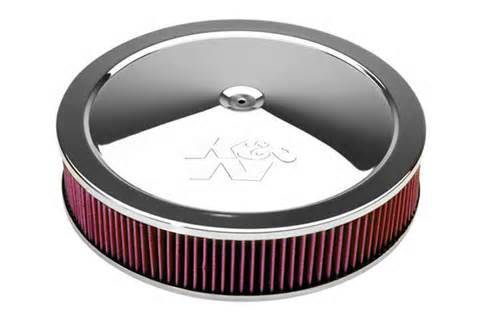Dangerous air pollutants including respiratory irritants, neurological agents, volatile organic compounds (VOCs), carbon monoxide and carcinogens can pose great threat to a person’s health. Increased exposure to these pollutants can trigger serious health problems. Some of them are cancer agents. Almost all of them can irritate the eyes, nose, and respiratory systems of people exposed to them.
They also may hinder the development of fetuses and infants. Studies indicate that the elevated levels of auto exhausts can also suppress the immune system, making human beings more vulnerable to colds, influenza, and other respiratory conditions like asthma.
Studies conducted over the past two decades show that the exposure of the passengers inside a car to the dangerous air pollutants including respiratory irritants, neurological agents, volatile organic compounds (VOCs), carbon monoxide and carcinogens is significantly higher than that of bicyclists, pedestrians and public transfer riders. Car air filters purify the air inside a car, allowing the passengers to have healthy and clean air to breathe.
Car air filters come in two main types: the panel style, as used on most fuel-injected cars, and the radial style, which are usually used on carbureted vehicles. A car air filter is enclosed in a black plastic casing near the center-top of the engine.
The air filter traps dirt particles, which can cause damage to engine cylinders, walls, pistons and piston rings. Changing car’s filters on a regular basis can have a significant impact on engine life and performance. A good rule of thumb is to change filters once or twice a year, or roughly once every 15,000 miles. Replacing a clogged air filter has two-fold impact on the engine: a fuel economy benefit: up to 10%, which makes for equivalent gasoline savings up to 15¢ per gallon.
Dirty and dusty driving conditions will require more frequent filter replacements. It is important to avoid using the wrong size filter in a car.
Nowadays, car owners are using ‘Nanotechnology’ based filters to improve cabin air quality. Such filters contain charcoal layers, which remove odors. These filters allow ‘mechanical filtration’, in which the fiber material of the filter with pores of a specific size will trap particles larger than the size of the pores. Almost 80% of the cars sold in U.S. include a built-in nanotechnology-based filter.

The Importance of Car Air Filters
by
Tags:

Leave a Reply